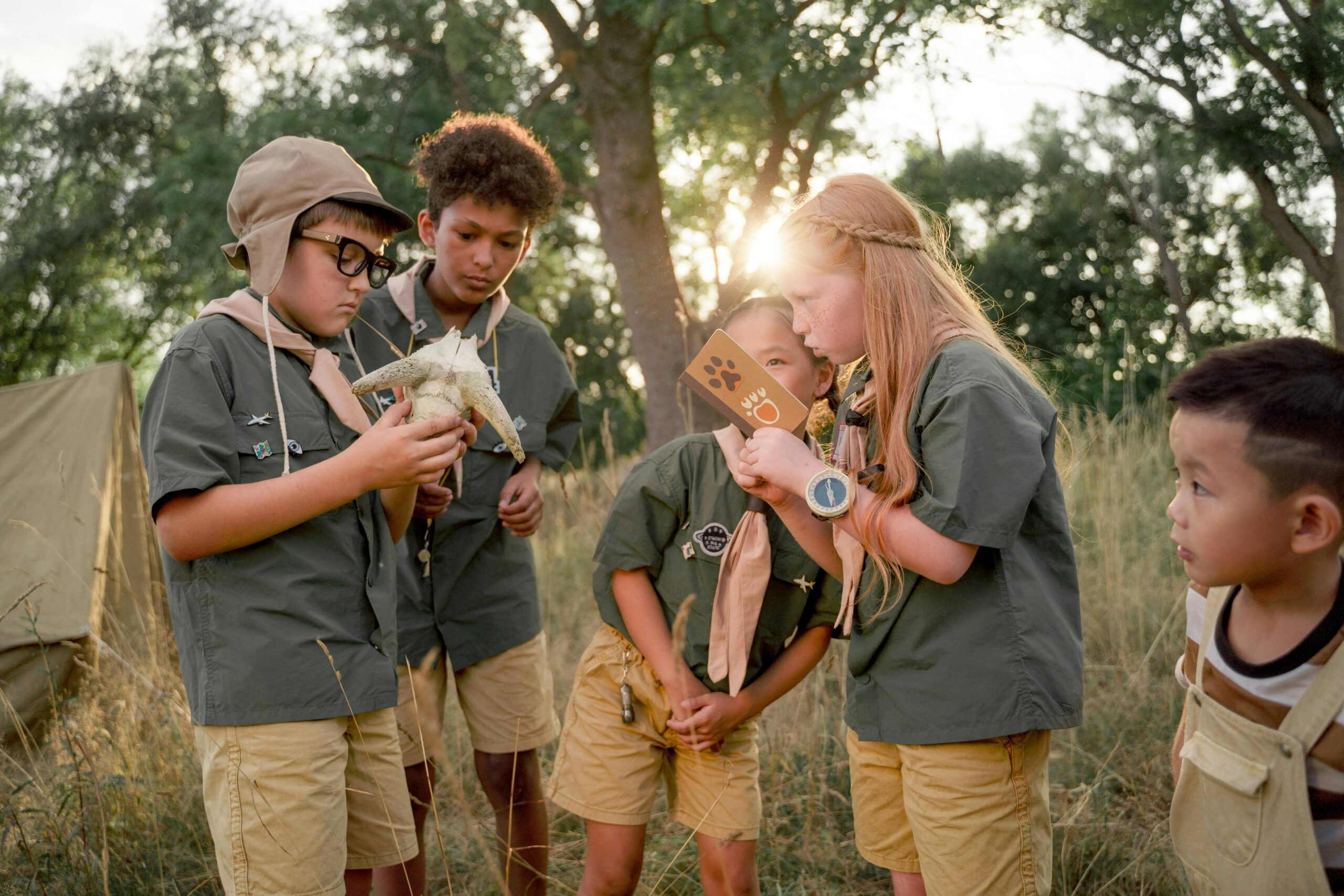As the school year draws to a close and the warm embrace of summer beckons, many parents contemplate how to enrich their children’s vacation time. In recent years, the importance of summer camps has garnered increased attention for their role in fostering holistic development in children. Far beyond just a fun retreat, summer camps offer a myriad of benefits that contribute to social, emotional, and cognitive growth. Let’s explore why summer camps are more than just a seasonal escape—they’re an essential component of a child’s journey toward becoming a well-rounded individual.
CULTIVATING INDEPENDENCE
Summer camps provide children with opportunities to step outside their comfort zones and navigate new experiences independently. Away from the familiar confines of home and school, campers learn to make decisions, solve problems, and advocate for themselves in a supportive environment. Whether it’s conquering a high ropes course, pitching a tent, or making new friends, each challenge conquered fosters a sense of self-confidence and resilience that serves children well beyond the campfire.
FOSTERING SOCIAL SKILLS
One of the greatest gifts of summer camp is the opportunity for children to form meaningful connections with peers from diverse backgrounds. Campgrounds serve as melting pots of diversity, where campers learn to communicate, collaborate, and empathize with others. Through shared experiences, teamwork challenges, and late-night conversations, children develop essential social skills such as empathy, cooperation, and conflict resolution—skills that are invaluable in navigating relationships throughout life.
NURTURING EMOTIONAL INTELLIGENCE
In the nurturing environment of summer camp, children are encouraged to express themselves authentically and embrace their emotions. Away from the pressures of academic performance or social expectations, campers feel empowered to explore their interests, express their feelings, and develop a strong sense of self-awareness. Whether it’s through art, music, sports, or storytelling, children learn to recognize and regulate their emotions in a safe and supportive space.
CONNECTING WITH NATURE
In today’s tech-savvy world, children spend less time outdoors than ever before—a trend that has sparked growing concerns about nature deficit disorder. Summer camps provide a welcome antidote to this phenomenon, offering children the chance to unplug and reconnect with the natural world. From hiking through forests and swimming in lakes to stargazing beneath the night sky, campers develop a deep appreciation for the environment and a sense of stewardship for the planet.
FOSTERING LIFELONG MEMORIES
Ask anyone about their fondest childhood memories, and chances are, summer camp will feature prominently. The bonds forged, the adventures embarked upon, and the lessons learned at camp often leave an indelible mark on children’s lives. Whether it’s roasting marshmallows around a campfire, conquering fears on a zip line, or singing songs under the stars, the memories created at summer camp are cherished for a lifetime, serving as a source of inspiration and nostalgia.
In a world filled with distractions and demands, summer camps offer a sanctuary of growth, exploration, and fun. By fostering independence, nurturing social skills, nurturing emotional intelligence, connecting with nature, and fostering lifelong memories, summer camps play a vital role in shaping the next generation of confident, compassionate, and resilient individuals. So, as summer approaches, consider the gift of camp—an investment in your child’s future that yields dividends of joy, growth, and lifelong friendships.

